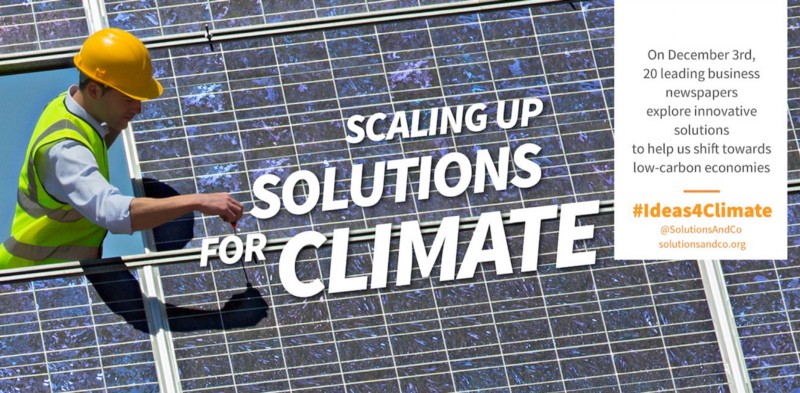
Business solutions for climate: Circular Economy
The current take-make-dispose industrial model has shown its limits both economically and environmentally. 95% of the value of plastic packaging material, worth $80–120 billion annually, is lost to the economy. The circular economy is a tremendous opportunity to generate economic benefits while addressing climate change. Discover three initiatives that offer solutions in the transition towards circular economy on #Ideas4Climate.
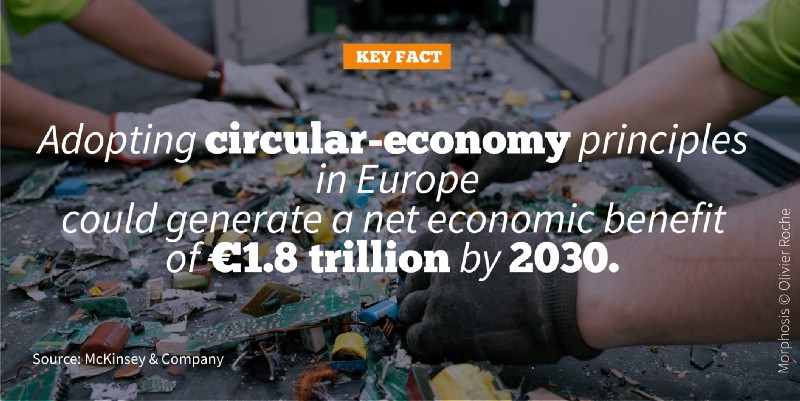
During COP24, 20 leading business newspapers feature innovative solutions to switch to a low-carbon economy. The international collaborative journalism operation Solutions and Co involves 20 international newspapers including The Financial Times, Les Echos, Kommersant, Hindu Business Line, Yicai Global, and El Economista. SolutionsAndCo is coordinated by Sparknews with the support of the Solar Impulse Foundation, the Climate Groupe, and UN Global Compact France.
In Mexico, several companies are tackling the challenge of end-of-life tires
Over one billion end-of-life tires are generated globally each year and an estimated four billion end-of-life tires are currently in landfills and stockpiles worldwide. But scrap tires are a resource that can be used in place of virgin materials, in order to reduce natural resource depletion and lower environmental costs associated with natural resource exploitation. This is why Mexican companies are turning scrap tires into a low-carbon substitute for diesel, acrylic-based waterproofing or thermal insulators. Read more on Hindu Business Line, Valor Econômico (in Portuguese) and El Economista (in Spanish).
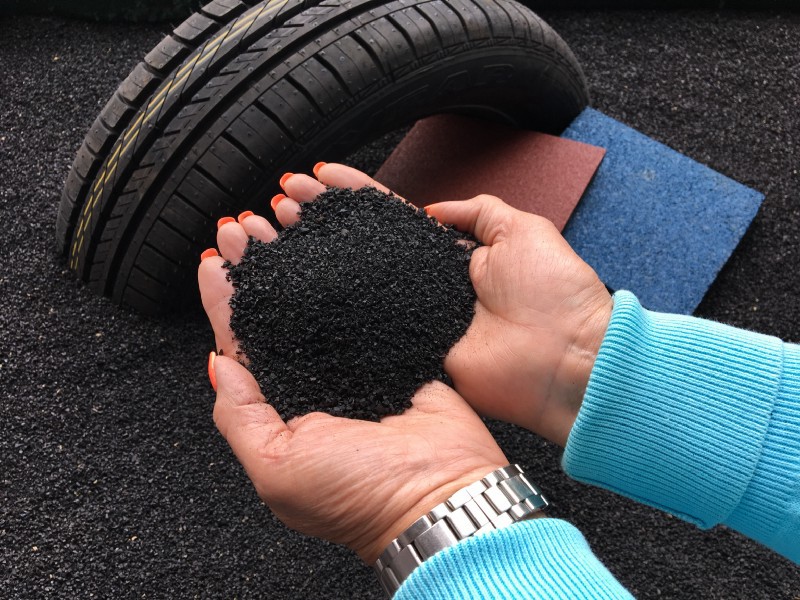
EcoDom offers affordable and resistant homes by recycling plastic waste.
Plastic manufacturing is estimated to use 8% of yearly global oil production, while its product gets recycled only in 9% of the cases. Ecodom was created in order to fight against pollution and poverty at the same time, using plastic waste to build affordable, thermally isolated and resistant houses for low-income people. According to the Mexican government, 42.7 million tonnes of solid waste is produced each year in Mexico –of which Ecodom estimates being able to recycle 15 tonnes/week. Read more on The Hindu Business Line, Yicai Global, El Economista (in Spanish), Valor Econômico (in Portuguese), Les Echos and L’Economiste du Maroc (in French).
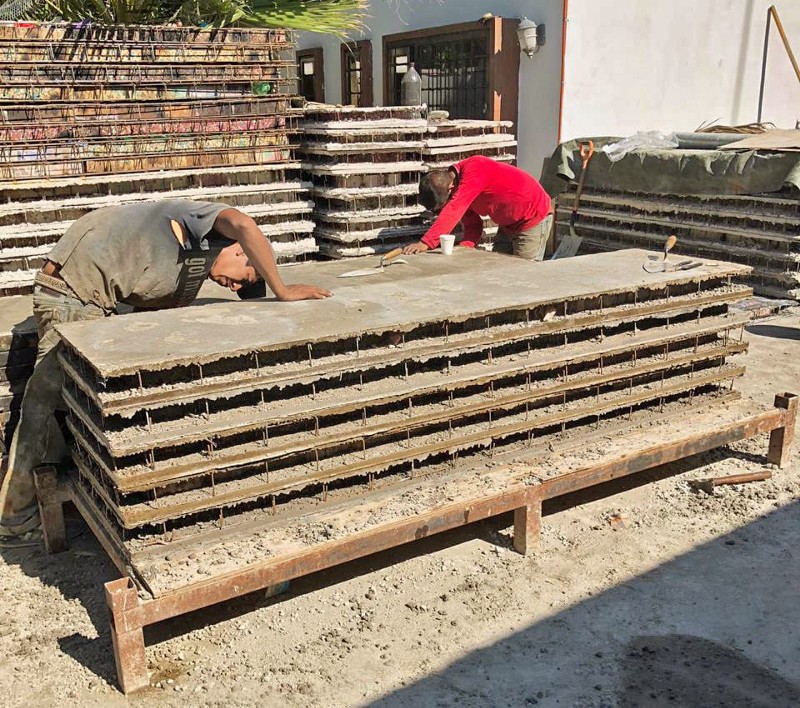
The economic benefits of the Italian circular economy movement in the struggle against climate change
In Italy, the system of circular economy has gained more momentum as the movement is used to help the fight against climate change. The Italian foundation: Fondazione Symbola has recently published a report to map one hundred stories related to the circular economy (from universities to recycling association; from startups to consolidated brands that created new products and new services). It clearly highlights the economic opportunities brought by circular economies that traditional business and small and medium enterprises can benefit from. Read more on The Hindu Business Line, Il Sole(in Italian) and El Economista (in Spanish).

Op-ed by Raphaël Masvigner and Matthieu Witvoet, Circular Economy Booster & Co-Founder of Circul’R; Circular economy offers a sustainable alternative in the long term businesses,
In their op-ed, Raphaël Masvigner and Matthieu Witvoet present the many benefits of a circular economy system. They put into light the fact that more and more actors of the private and public sphere (e.g. start-up, governments and civil society) have identified circular economy as a viable system to fight against climate change! Read more on The Hindu Business Line or Ventures Africa.
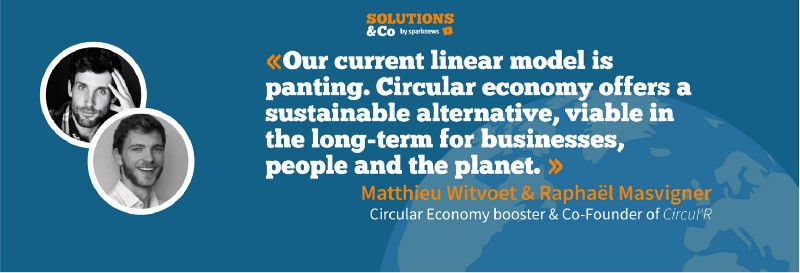
Op-ed by Jean-Louis Chaussade, CEO of SUEZ, on the importance of organising dialogues with all stakeholders in order for all to adapt to circular economy solutions
Jean-Louis Chaussade, CEO of SUEZ, highlights the crucial role a circular economy system will play in tomorrow’s world. In this op-ed, he analyses the key role companies have as facilitators of discussions between all members of society. Sharing innovative resources and strategies, organizing dialogues with all stakeholders and involving all customers all seem to be necessary steps to be taken in order to adapt faster to a circular economy. Read more on Solutions&Co.
You — readers, citizens, leaders, investors, consumers — can help to spread and magnify the effects of these solutions, so that tomorrow’s economy becomes a truly sustainable one.





